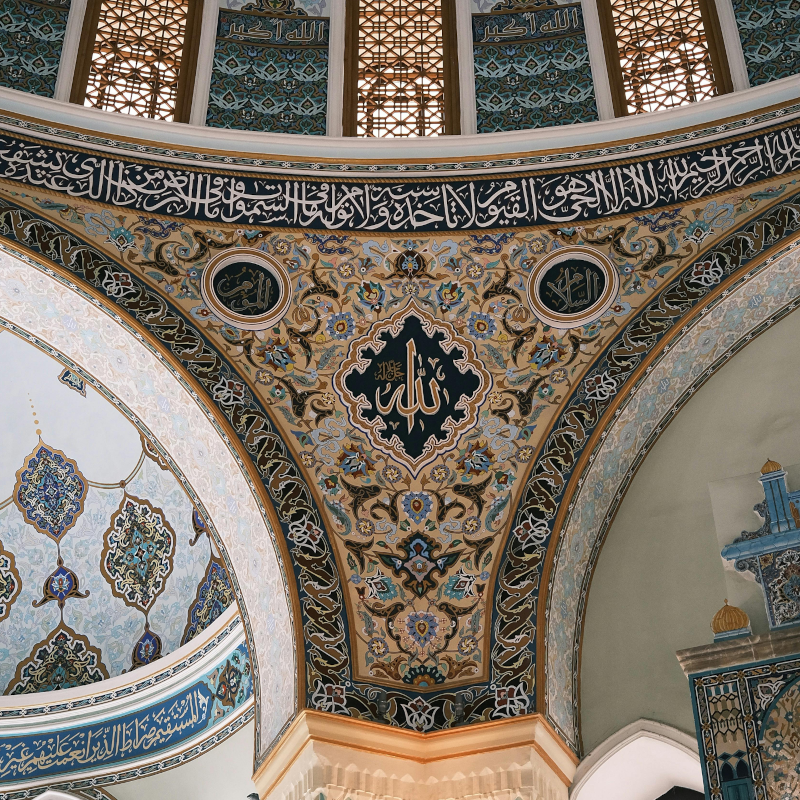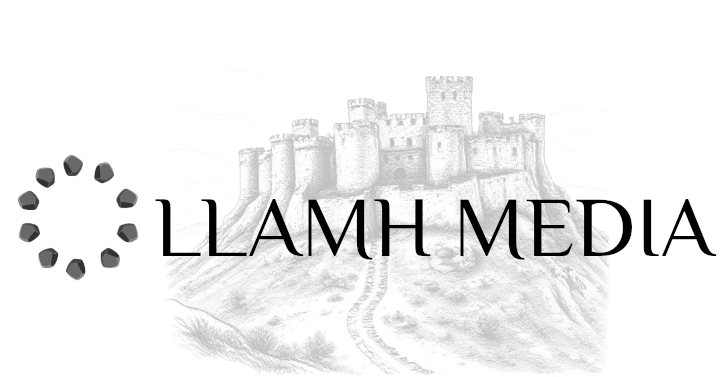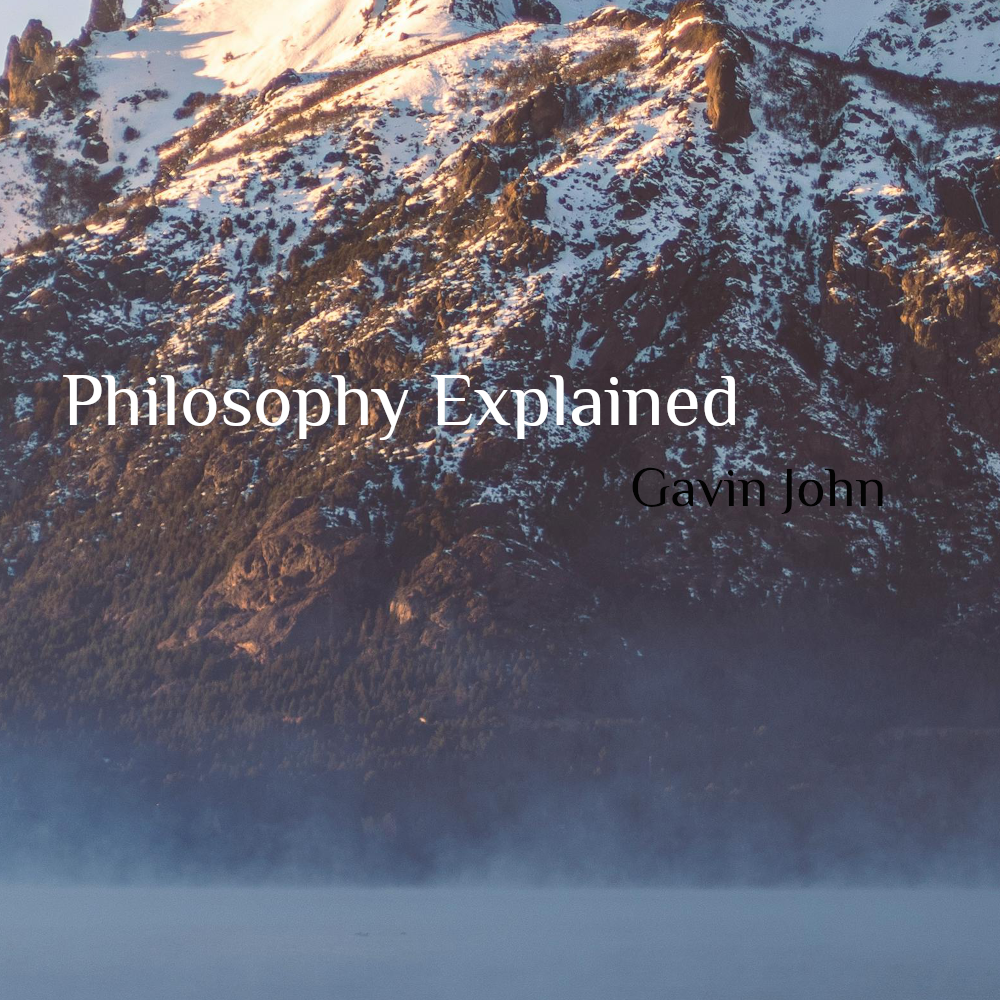When you hear the word ‘philosophy’ what comes to mind? Surely, you think of that abstract subject some people study but fail to find any practical reason to do so. Or maybe you think of a discipline that does not have an easy entry point, something beyond the vast majority of the general population.
Personally, I feel philosophy is the study of reality within the paradigm of what we CAN know. Understandably there must be certain information and knowledge that we cannot know. After all, we are limited beings. However, philosophy is an attempt to make sense of it all.
In this article I will introduce you to this concept, while hopefully setting the stage for a learning journey that we will embark on together.
What is Philosophy?
Philosophy is the study of fundamental questions about existence, knowledge, values, reason, mind and language. As mentioned previously, its study explores the nature of reality and our place within it. Through this study, we seek to understand the world and our experiences through critical thinking and logical reasoning. Nowadays, philosophy and science are not studied as one discipline. This is due to a historical separation during the “Scientific Revolution”, taking place in Europe during the 1700s. However, they are both means of attaining the same outcome. This outcome being, making sense of the world and ourselves. Science relies on empirical evidence and experimentation, while philosophy engages with abstract concepts and theoretical frameworks.
Academics and so called experts have divided philosophy into several branches, with each focusing on different aspects of inquiry.
Metaphysics deals with the nature of reality, asking questions about what exists and the nature of being.
Epistemology explores the nature and scope of knowledge, questioning what we can know and how we can know it.
Ethics is concerned with moral values and how we ought to live.
Logic examines the principles of valid reasoning.
Aesthetics considers the nature of beauty and artistic expression.
Philosophy encourages deep reflection on life’s most profound questions, often without easy answers. It challenges us to question our assumptions, consider different perspectives, and develop a reasoned understanding of the world. In this way, philosophy is not just an academic discipline but a way of thinking that informs how we live our lives and interact with the world around us.

The Ancient Practice of Philosophy
Philosophy, as an ancient practice, has roots that stretch back to the earliest human civilisations. It is often described as the “love of wisdom,” a term derived from the Greek word “philo” (love) and “sophie” (wisdom). Philosophical enquiry is ancient because it represents one of humanity’s earliest and most enduring attempts to make send of the world, our place in it, and the meaning of life itself. We now know that the origins of Western philosophy can be traced back to ancient Greece in the 6th century BCE.
Figures such as Thales of Miletus, Anaximander, and Heraclitus were among the first to move away from mythological explanations of the world and to seek naturalistic and rational explanations for the phenomena they observed. In the West, this officially marked the advent of what we now call philosophy, as these early thinkers laid the groundwork for the systematic study of reality, knowledge, and existence. However, this process of inquiry surely began much earlier, in the development of human beings and society.
The pre-Socratic philosophers, were primarily concerned with cosmology, metaphysics, and the nature of being. They asked questions like “What is the fundamental substance of the universe?” and “How can we explain change and permanence?” Their inquiries led to the development of concepts such as the idea of the “apeiron” (the infinite or boundless) by Anaximander and the notion of a fundamental substance, like water or fire, as proposed by Thales and Heraclitus, respectively.
Socrates, Plato, and Aristotle, who followed the pre-Socratics, further developed philosophical inquiry. Socrates introduced the method of dialectic or dialogue, a form of inquiry that involves asking and answering questions to stimulate critical thinking and illuminate ideas. Plato, his student, explored these ideas in his dialogues, where he examined concepts like justice, beauty, and the ideal state. Aristotle, Plato’s student, systematised philosophy, categorising various branches of knowledge, such as ethics, politics, metaphysics, and logic. His work laid the foundation for much of Western philosophy and science.
Philosophy, as an ancient practice reflects our DEEP and ENDURING DESIRE to understand the world, to seek what is true and to live a good life. It has shaped the intellectual, spiritual, and cultural landscapes of civilisations across the globe. The fundamental questions posed by ancient philosophers continue to resonate. Therefore, influencing contemporary thought and remaining central to our experience as humans.
The Christian Adoption of Philosophy
Christianity’s adoption of philosophy began as early Christian thinkers sought to reconcile their faith with the intellectual traditions of the Greco-Roman world. An interesting synthesis occurred and was crucial for articulating and defending Christian beliefs.
In this breath, we must mention St. Augustine (354-430 AD, who underwent a process of integrating Neoplatonism into Christian theology. This integration is an incredibly important, though often overlooked in Christendom. St. Augustine used Platonic ideas to explain concepts like the nature of God, the immortality of the soul, and the problem of evil, thereby providing a philosophical foundation for Christian teachings.

Later, in the Middle Ages, St. Thomas Aquinas (1225-1274 AD) built on the work of Aristotle, another Greek philosopher, to develop Scholasticism. St. Aquinas argued that reason and faith are compatible, using Aristotelian logic to systematically explain and defend Christian doctrines. His work, especially the Summa Theologica, became a cornerstone of Catholic theology.
Western Christianity with its birth in the Greco-Roman world, refused to discard the intellectual tradition that was present geographically. Instead, a synthesis occurred and was maintained throughout history. From my own observation, I do believe that this is what eventually led to the downfall of the Christian tradition, which we see in modernity. However, it is interesting to note that early Christian scholars laboured intensively to maintain a relationship between philosophy and theology.
The Islamic Rejection of Philosophy
The rejection of philosophy in Islam, particularly during certain periods, stemmed from concerns that philosophical inquiry lead to ideas that conflicted with Islamic teachings. Before this, Muslim intellectuals studied and even used philosophy to help shape their understanding of reality. They translated works of Aristotle, Plato and other classical thinkers. This in turn led to the development of Islamic philosophy, with figures like Al Farabi, Avicenna and Averroes integrating Greek ideas with Islamic theology. An interesting parallel with early Christian thinkers.
However, this philosophical engagement was not universally accepted. Critics like Al Ghazali, a prominent theologian in the 11th century, argued against the use of philosophy in understanding religious truths. In his influential work The Incoherence of the Philosophers, Al Ghazali criticised the philosophers for straying from Islamic teachings, particularly in areas like metaphysics and the nature of God. He believed that relying on human reason over divine revelation could lead to heretical beliefs.
Al-Ghazali’s critique significantly influenced Islamic thought, leading to a decline in the acceptance of philosophy within certain Islamic circles. I believe this itself is a misappropriation of what Islamic critics of philosophy intended. You see, philosophy in the Islamic world became a belief system, rather than a system of inquiry. Nevertheless, after this staunch rebuttal the emphasis shifted towards a more orthodox approach. Therefore, faith and literal interpretation became more important. This shift has many more levels and I intend to go deeper into this in the future. Interestingly a more mystical understanding of Islam, prioritising spiritual experience over intellectual analysis developed.

Philosophy as an Academic Discipline
As an academic study, philosophy systematically deals with fundamental questions about existence, knowledge, values, reason and reality. Philosophy within an academic context is both a theoretical and practical discipline. In an academic context philosophy engages with deep, abstract concepts while also influencing other fields of study, such as science, law, politics, and ethics.
As with anything that is overly intellectualised, the study of philosophy has lost its organic nature. However, this is at times necessary to navigate what makes good philosophy versus random ramblings.
Studying philosophy in a higher educational setting teaches you how to analyse complex problems, construct clear and persuasive arguments and consider multiple perspectives on a given issue. These skills are highly transferrable. However, do they produce culture creators? Those higher individuals who live contemplative lives. It is a holistic art and this needs to be revived. The digital renaissance will provide this. An organic collection of individuals, thinking clearly and living correctly. A modern Academy.
Philosophy & Physical Training
When we think of physical training and philosophy, we may not see how they relate. This is due to our modern understanding of both fields. However, this has not always been the case. Both disciplines share deep connections rooted in the pursuit of personal growth and well-being.
Physical culture was a highly philosophical movement. We know that the study of philosophy encourages critical thinking, self-reflection and the exploration of life’s fundamental questions. It challenges us to consider our personal values, goals and the meaning behind our actions. Physical training, on the other hand emphasises the cultivation of the body through exercise, strength and endurance. The intense discipline required in physical training mirrors the mental rigour demanded by philosophy.
This connection is especially evident in martial arts. As we know, Plato was a wrestler. He even likened philosophy to wrestling, stating controlling your opponent and pinning them are both techniques used in wrestling and in philosophy.

Organic Thinking
In my opinion, reading philosophy and contemplating on the many facets of life, is an organic way of thinking. It is pure in its essence. However, I do acknowledge that there are LIMITS to the human intellect and this is also a philosophical conclusion.
If you are interested in joining a movement, where ideas are scrutinised and life’s big questions are considered, I suggest you follow me on X. We can together start something, something that inspires us to better ourselves and our environment as a whole.

